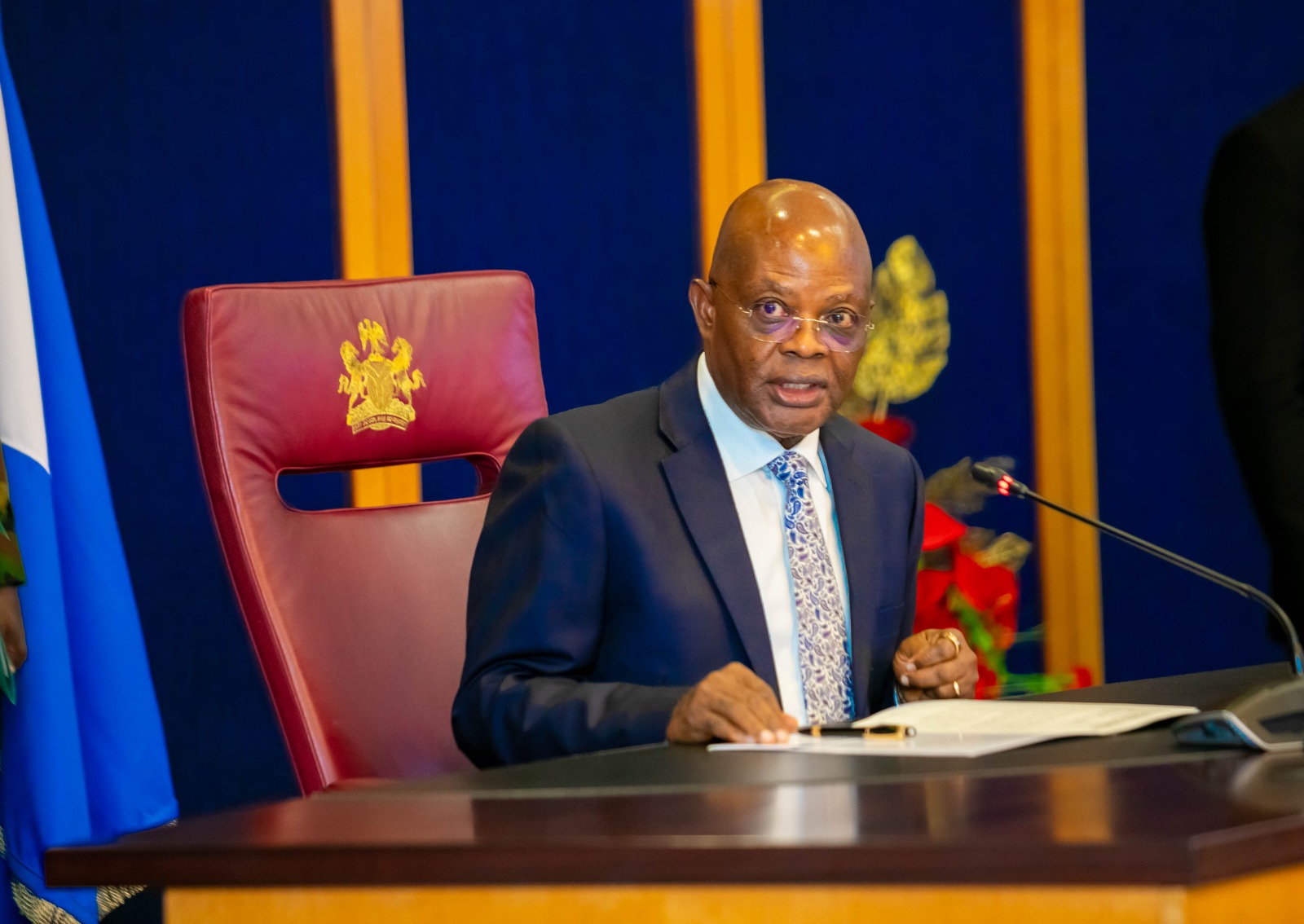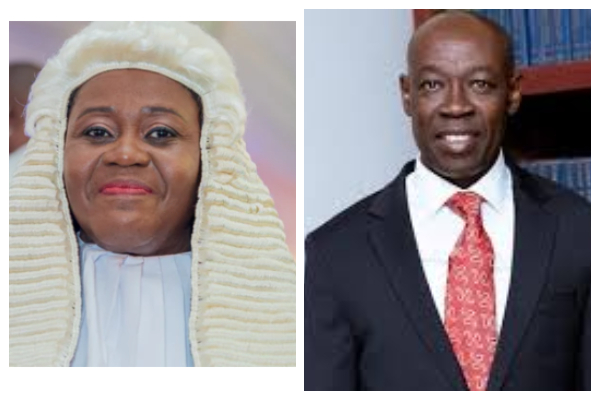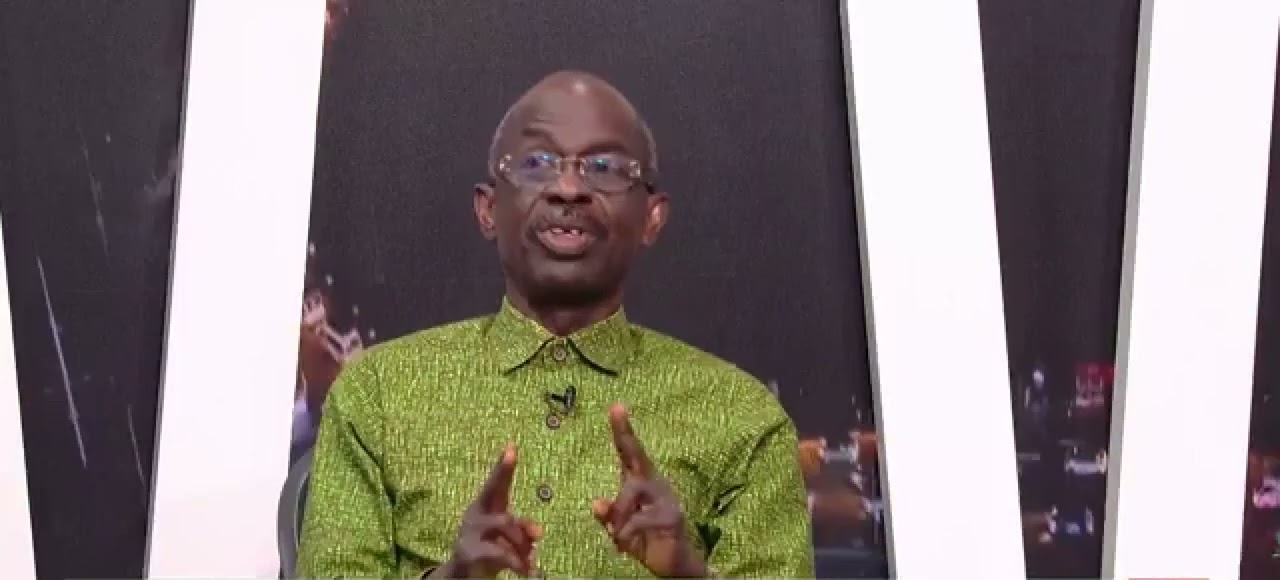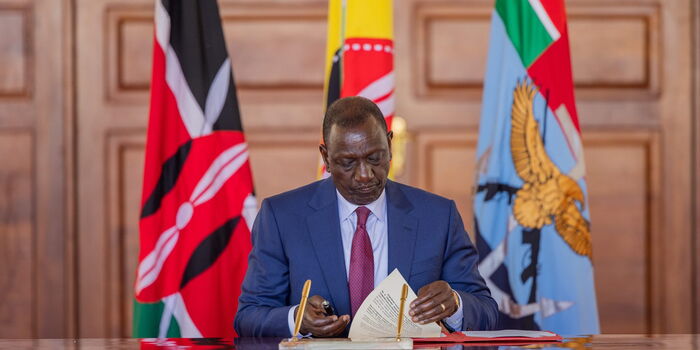Speaking truth to a society that punishes talent, By Mohammed Dahiru Aminu
There are certain difficult conversations that many Nigerians shy away from. These are the conversations that challenge long-standing beliefs and confront the root causes of poverty, inequality and the dysfunction that has become characteristic of our national life. My friends Dr Usman Isyaku and Dr Bashir Jelani are among the few voices attempting to provoke these necessary dialogues. But their efforts often encounter resistance, not because their ideas lack merit, but because our cultural environment tends to discourage such introspection. We live in a society that often leans toward attributing hardship and stagnation to fate, divine will or external conspiracies, rather than to the failings of our institutions and ourselves. One of the most controversial ideas they often raise is the argument that no one who is truly skilled should remain poor. At first glance, this statement appears blunt and possibly insensitive, but it is rooted in a deeper understanding of how systems are meant to work in societies that value merit. In nations where institutions are built on fairness, transparency and competence, skill and expertise are indeed rewarded. In such societies, the correlation between hard work and upward mobility is strong and people can trust that their efforts will not go unnoticed or unrewarded.
To understand the power of meritocracy, one only needs to visit a country where it is embedded in the fabric of daily life. In many developed countries, one’s value in the labor market is closely tied to one’s demonstrated capabilities. Employers pay attention to competence and outcomes. Professionals who produce measurable results command higher wages. Careers advance not through family connections or patronage, but through achievements and consistent performance. In these environments, poverty among the highly skilled is rare, not because divine favor is more abundant, but because the system recognises and compensates productivity. Dr Michael Taiwo once captured this reality succinctly when he pointed out that US immigration law identifies “…commanding a high salary or earning significantly high remuneration” as one of the ways to prove that a person is highly skilled. In other words, in the US, it is legally acknowledged that exceptional skill must be reflected in income. The law itself is designed to link skill with reward. This principle underpins the immigration system’s preference for attracting talent. A society that builds its legal and economic structures around such a principle demonstrates that it understands the importance of incentivising excellence.
Now consider Nigeria. We are not short on talent. From engineering to academia, medicine to agriculture, the country produces countless people who have acquired deep knowledge and practical experience. But many of these skilled Nigerians are not thriving. Their skills remain undervalued, and sometimes not because the skills themselves are irrelevant, but because the environment in which they exist does not know how to reward merit. This mismatch between talent and opportunity results in widespread frustration, brain drain and disillusionment. In Nigeria, when someone with skill and diligence remains poor, the common response is not to question the system that fails them, but to conclude that it is the will of God. Some even suggest that poverty is a divine test or that suffering builds character. Although such beliefs may provide personal comfort, they also serve a more damaging purpose. They pacify the population and divert attention from the structural failures that perpetuate inequality. Instead of asking why a qualified engineer cannot find meaningful employment, we say his time has not yet come. Instead of questioning why a gifted teacher earns a pittance, we say it is part of God’s plan.
This way of thinking would not survive scrutiny in societies that prioritize accountability and problem-solving. In most parts of Europe or North America, if a person said that someone remains poor despite having valuable skills because that is what God wants, they would be laughed out of the room. And of course, such societies may not be perfect, but they have evolved past the point where they accept religious or fatalistic explanations for economic and institutional failure. They build systems that, even with their flaws, try to ensure that rewards follow performance. If we continue to avoid these hard conversations in Nigeria, we delay our own progress. We suppress the ambition of our youth and waste the potential of our citizens. A country cannot develop if it constantly undermines those who work hard and contribute meaningfully. If reward is not tied to effort, then talent is driven underground or out of the country entirely. This is exactly what we see in the migration of Nigerian professionals to other parts of the world. People move not just for better salaries but for environments where their contributions are valued and fairly compensated.
We must therefore confront the myth that all hardship is ordained. We must stop using religion as an excuse to justify structural failure. Islam, Christianity and other belief systems practiced in Nigeria do not teach that poverty is a badge of honor. They do not encourage the waste of talent. Rather, they emphasize the importance of justice, equity and the responsibility of leaders to serve their people with integrity. Claiming that God wants a skilled worker to remain in poverty is intellectually lazy and a betrayal of our religious teachings. The transformation we seek as a nation will not happen through slogans or wishful thinking. It will require a clear commitment to fairness and competence. We must dismantle the patronage networks that dominate public and private institutions. We must reform education to focus on practical skills and problem-solving. We must support small businesses not through empty promises but through actual access to credit and markets. We must reward public servants who do their jobs well and penalize those who abuse their positions. Above all, we must begin to speak honestly about what is broken and how to fix it.
These uncomfortable conversations are necessary if we want a country that works for the majority. We cannot keep lying to ourselves while watching our best minds flee the country. We cannot pretend that God is to blame for our collective refusal to build a system that functions. Poverty in the midst of plenty is not a mystery, but a result of poor choices, corruption and institutional neglect. Changing this will require a cultural shift that embraces merit as the foundation of national development. It is not enough to talk about transformation. We must be willing to question the assumptions that have held us back. We must be brave enough to ask why things do not work and persistent enough to make them better. My friends, Usman and Bashir are right to challenge us. Their message may be uncomfortable, but it is essential. If we keep ignoring the truth, we will keep postponing the future that our children deserve. A future where skill is not a curse, but a path to dignity and prosperity.
Mohammed Dahiru Aminu ([email protected]) wrote from Libreville, Gabon.












